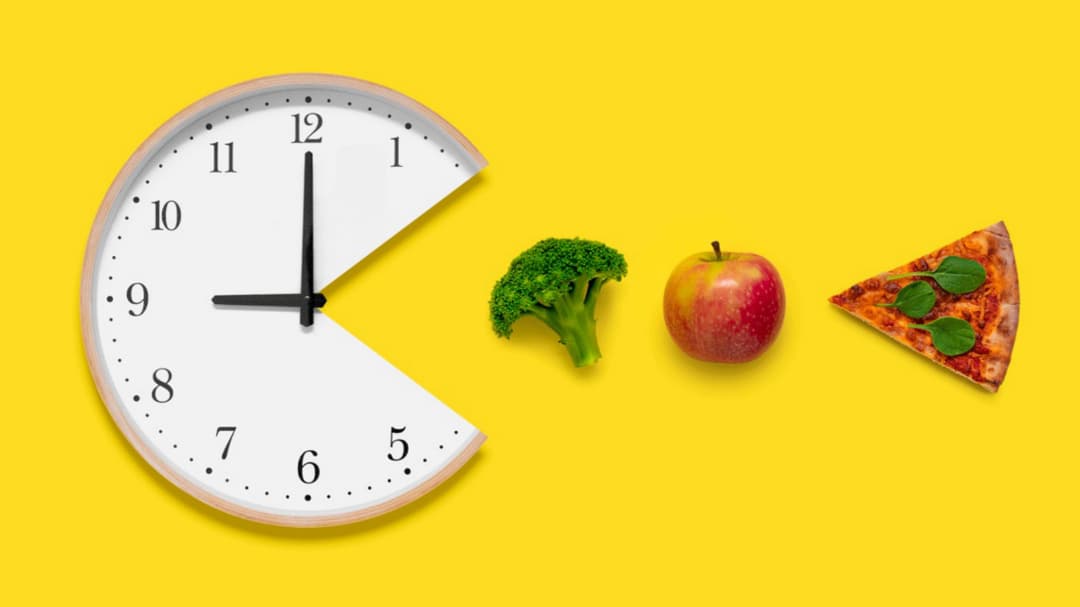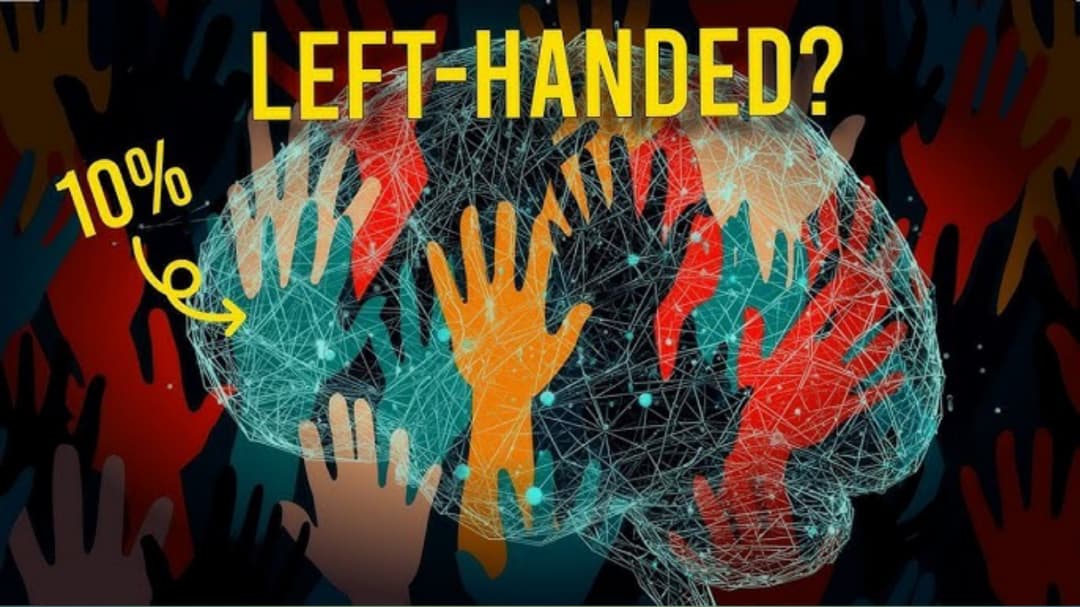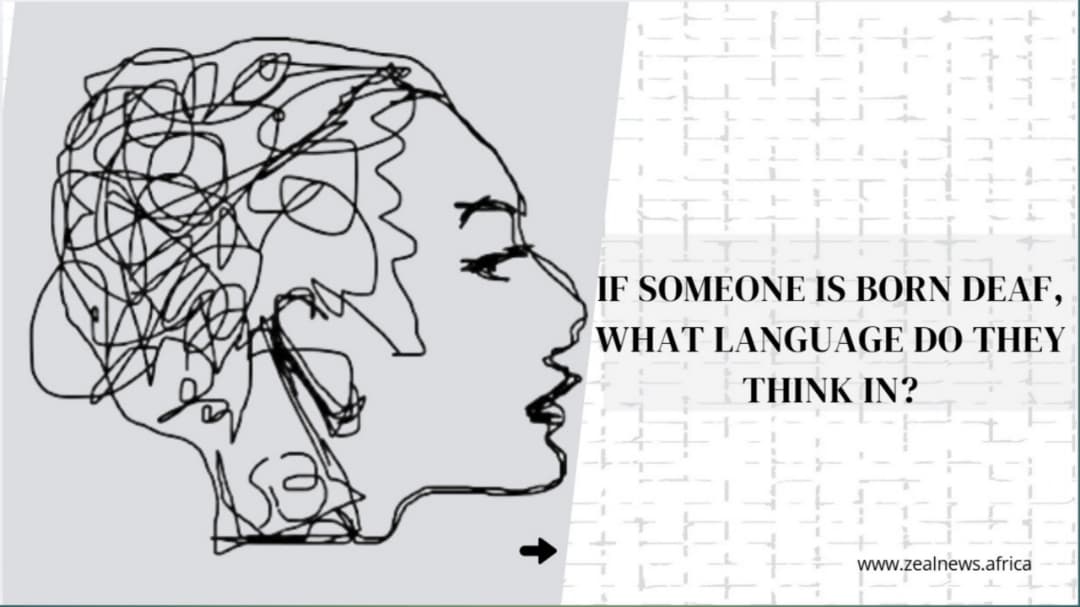The Biological Mystery Behind Why Some People Attract Mosquitoes More
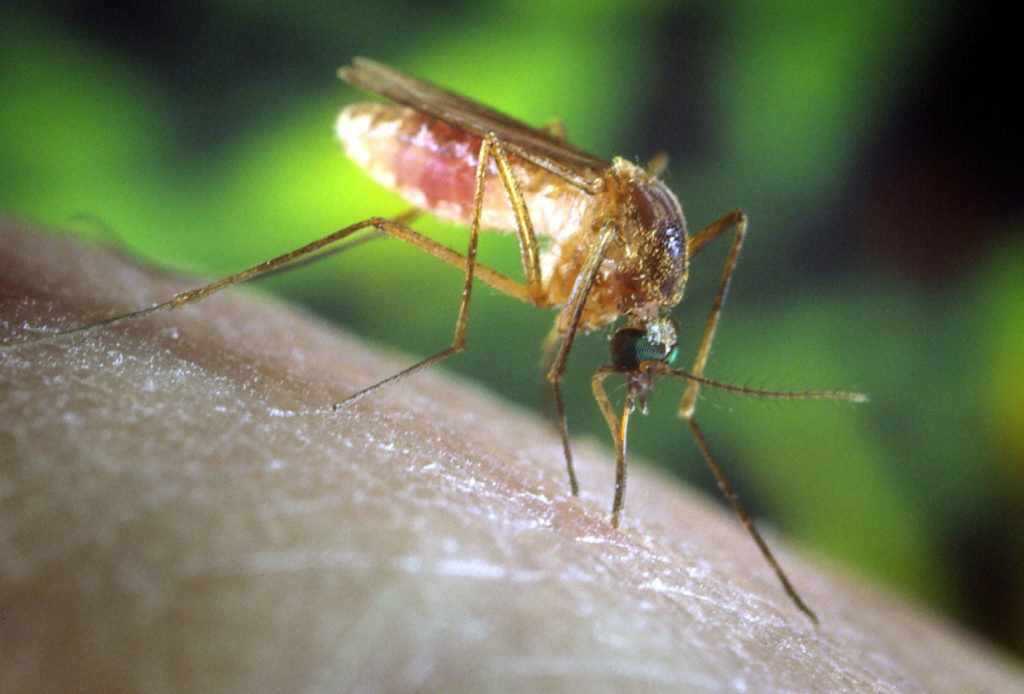
Two people can stand in the same room, at the same time, and yet only one becomes the constant target of buzzing wings. It is a small mystery that has puzzled families, doctors, and researchers for decades.
New scientific findings now suggest that mosquito preference is far from random; it is written quietly in body chemistry, heat patterns, and genetic signals that some individuals naturally carry.
Why the Body’s Scent Profile Matters More Than Perfume
At the heart of mosquito preference is body odour, a complex blend of chemicals produced by skin bacteria, sweat composition, and natural secretions. Mosquitoes rely heavily on scent when searching for a host, and certain chemical compounds act like beacons.
Research published by theNational Institutes of Health shows that individuals who emit higher levels of carboxylic acids, organic compounds released by skin microbes, attract more mosquito attention. These acids are invisible and odourless to humans but highly detectable to mosquitoes.
In many humid African regions, increased sweating amplifies this effect. People whose skin fosters a diverse bacterial population release stronger chemical cues, making them more appealing targets. This explains why two people seated outdoors in Lagos may experience completely different mosquito activity, even under identical conditions.

The First Signal That Draws Mosquitoes In: Among all scent cues, carbon dioxide (CO₂) remains the most powerful and reliable attractant. Mosquitoes, especially Anopheles gambiae, can detect CO₂ plumes from up to 50 metres away. Humans emit CO₂ with every breath, but some individuals naturally release more than others due to metabolic rate, lung capacity, or physical activity.
According to findings from theCenters for Disease Control and Prevention, individuals with higher CO₂ output often those who are larger-bodied, pregnant, or physically active tend to draw mosquitoes first before scent-driven decisions occur. In public spaces or outdoor gatherings, this causes mosquitoes to cluster around certain individuals, creating the perception of selective targeting.
Why Mosquitoes Prefer “Warm-Blooded” Zones: Mosquitoes do not simply follow scent; they follow heat signatures. Warm surfaces indicate flowing blood, which carries the nutrients mosquitoes need for egg production. Studies from theWorld Health Organization confirm that mosquitoes detect subtle changes in skin temperature and movement.
People with naturally warmer skin, increased blood flow, or hormonal changes often appear more attractive. In tropical African climates where temperatures remain elevated, even slight differences in skin warmth influence mosquito landing behaviour. This explains why individuals who recently exercised, consumed spicy food, or walked briskly often become prime targets.
RECOMMENDED READ: What Your Fragrance Says About You, Even Before You Speak
A Hidden Genetic Advantage or Disadvantage: One of the most discussed aspects of mosquito preference is blood type. Scientific studies have consistently indicated that individuals with Type O blood attract more mosquitoes than those with Type A or Type B. The reasoning lies in chemical markers on the skin, which signal blood type externally.
A detailed report byMedical News Today highlights that about 83% of people secrete their blood-type indicators through their skin, making them detectable to mosquitoes. In regions like West Africa, where Type O blood is relatively common, this factor significantly influences mosquito behaviour and malaria exposure patterns.
A Natural Amplifier of Mosquito Attention: Pregnant women consistently attract twice as many mosquitoes as non-pregnant women. The biological reasons are clear: pregnancy increases exhaled CO₂ by roughly 21% and raises abdominal temperature, creating a warm, appealing target for mosquitoes in search of blood meals.
This phenomenon is especially significant in malaria-endemic African countries, where mosquito bites pose a serious risk to maternal health. Public-health experts identify pregnant women as a high-risk group requiring enhanced protection during peak mosquito seasons.
The Compounds Mosquitoes Cannot Resist: Sweat itself does not attract mosquitoes, but the chemical structure within sweat makes all the difference. Compounds such as lactic acid, ammonia, and urea, all byproducts of normal metabolism, strongly influence mosquito behaviour.
Athletes, outdoor workers, and individuals who naturally produce more lactic acid often find themselves bitten first. High humidity across countries like Nigeria, Ghana, and Sierra Leone amplifies this effect by slowing evaporation and leaving chemical residues on the skin.
Dark Clothing and Colour Sensitivity: Mosquitoes are highly visual during the daytime and early evening. Research from theUniversity of Washington indicates that mosquitoes are drawn to dark colours, especially black, navy blue, and deep red.
These colours absorb heat, creating warmer micro-zones around the body, which are easier for mosquitoes to detect. This is why individuals wearing dark clothing during outdoor events often experience heavier mosquito activity, even when standing near others dressed differently.
Alcohol consumption subtly alters skin temperature, metabolic rate, and sweat composition. Studies have shown that people who consume alcohol, particularly beer, experience a noticeable increase in mosquito activity around them.
In many African nightlife settings and informal gatherings, this factor plays out visibly: a person who has just taken a bottle may receive more bites than those around them. The change is not due to alcohol "smell" but biological shifts triggered after consumption.
Natural Skin Oils vs. Perfumes: What Mosquitoes Actually Detect
Contrary to popular belief, perfumes and deodorants rarely influence mosquito behaviour. Mosquitoes focus on natural skin lipids, fatty acids, and microbial activity, not artificial scents.
In fact, some scented lotions mask natural odours, reducing bite frequency, while others inadvertently amplify chemical cues. Experts advise choosing unscented moisturisers during outdoor activities, as the interaction between scent and body chemistry varies drastically among individuals.
Urban vs. Rural Exposure — Geography Shapes the Battle

Stagnant water remains the primary breeding environment for mosquito larvae across many African communities.
The contrast between African urban centres and rural communities affects mosquito behaviour significantly. Rural residents often deal with Anopheles species that breed in open water bodies, while urban dwellers face Aedes mosquitoes, which thrive in stagnant water inside containers, drains, and household surroundings.
Individuals living near vegetation, slow-moving rivers, or poorly drained areas experience higher mosquito pressure regardless of biology. Yet even within the same environment, biological factors determine why one family member becomes a “mosquito magnet” while another remains largely untouched.
Mosquito Attraction and Malaria Burden in Africa
In Africa, mosquito preference carries life-or-death implications. The Anopheles gambiae complex is highly adapted to human hosts, meaning even small differences in body chemistry can influence malaria transmission. Communities in regions like the Sahel, the Niger Delta, and East African highlands face heavier mosquito presence due to humidity, rainfall, and environmental shifts.
According to theWorld Malaria Report, individuals who naturally attract mosquitoes are at significantly higher risk of repeated bites, increasing their exposure to malaria parasites. This has pushed public-health researchers to study biological factors as part of long-term malaria control strategies.
Why Children Often Get More Bites than Adults
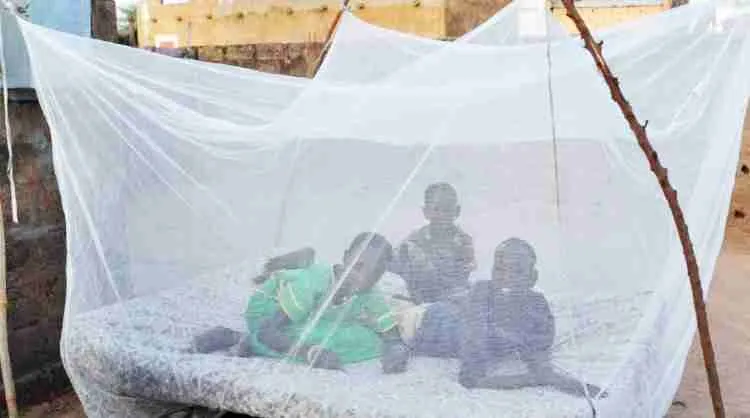
Children produce different chemical compounds in their sweat and skin oils compared with adults. Their smaller bodies also emit heat more evenly, making them easier targets. In addition, children tend to be more active outdoors, increasing sweat production and CO₂ output.
This has heightened concerns in regions where malaria remains a leading cause of child mortality. Mosquito nets, repellents, and indoor spraying remain essential, but understanding biological susceptibility adds an important layer to community-level prevention.
Reducing Attraction: Practical Steps Backed by Science
While genetics and biology cannot be changed, there are effective ways to reduce mosquito attraction:
Choosing light-coloured clothing during outdoor activities
Using WHO-approved repellents such as DEET, picaridin, or oil of lemon eucalyptus
Maintaining clean surroundings to remove stagnant water
Bathing regularly in humid weather to reduce sweat-related compounds
Installing window screens and using insecticide-treated nets
Avoiding unnecessary outdoor exposure during peak mosquito hours (6 pm–10 pm)
Understanding what draws mosquitoes to certain individuals empowers communities to adopt smarter, evidence-based protective practices.
Mosquitoes may seem unpredictable, but science now paints a clear picture: attraction is rooted in biology, shaped by chemical signatures, heat, genetics, and environment. As Africa continues to battle mosquito-borne diseases, unravelling this mystery offers more than curiosity; it strengthens public-health strategies and provides individuals with knowledge that could save lives.
By understanding why mosquitoes prefer some people over others, communities gain powerful insight into how to adapt, protect themselves, and reduce malaria’s deadly grip across the continent.
You may also like...
When Sacred Calendars Align: What a Rare Religious Overlap Can Teach Us

As Lent, Ramadan, and the Lunar calendar converge in February 2026, this short piece explores religious tolerance, commu...
Arsenal Under Fire: Arteta Defiantly Rejects 'Bottlers' Label Amid Title Race Nerves!

Mikel Arteta vehemently denies accusations of Arsenal being "bottlers" following a stumble against Wolves, which handed ...
Sensational Transfer Buzz: Casemiro Linked with Messi or Ronaldo Reunion Post-Man Utd Exit!

The latest transfer window sees major shifts as Manchester United's Casemiro draws interest from Inter Miami and Al Nass...
WBD Deal Heats Up: Netflix Co-CEO Fights for Takeover Amid DOJ Approval Claims!

Netflix co-CEO Ted Sarandos is vigorously advocating for the company's $83 billion acquisition of Warner Bros. Discovery...
KPop Demon Hunters' Stars and Songwriters Celebrate Lunar New Year Success!

Brooks Brothers and Gold House celebrated Lunar New Year with a celebrity-filled dinner in Beverly Hills, featuring rema...
Life-Saving Breakthrough: New US-Backed HIV Injection to Reach Thousands in Zimbabwe

The United States is backing a new twice-yearly HIV prevention injection, lenacapavir (LEN), for 271,000 people in Zimba...
OpenAI's Moral Crossroads: Nearly Tipped Off Police About School Shooter Threat Months Ago
ChatGPT-maker OpenAI disclosed it had identified Jesse Van Rootselaar's account for violent activities last year, prior ...
MTN Nigeria's Market Soars: Stock Hits Record High Post $6.2B Deal

MTN Nigeria's shares surged to a record high following MTN Group's $6.2 billion acquisition of IHS Towers. This strategi...


